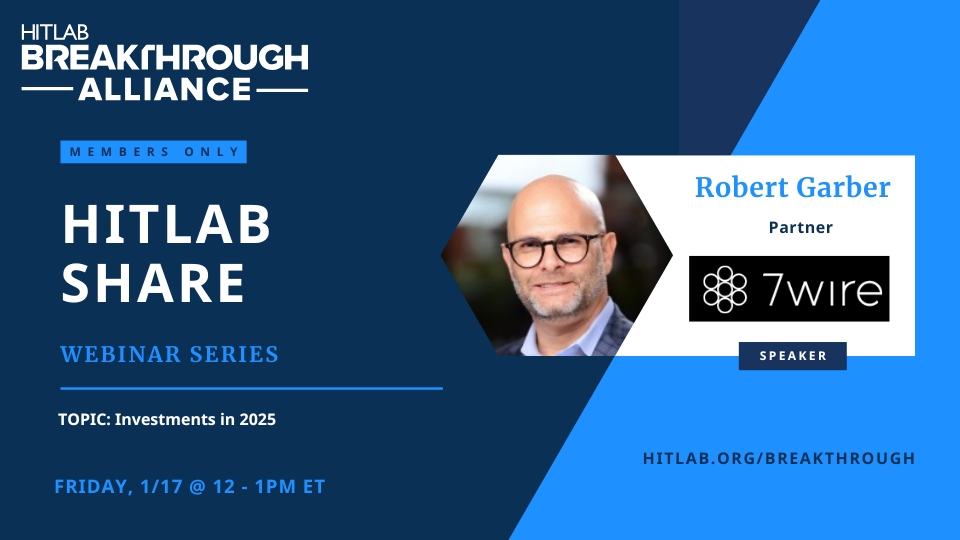This week’s edition of “In the Spotlight” features BT1 Global Fellow, Dr. Carl Rosen, CEO and Founder, CallDR.
Dr Rosen is an experienced Ophthalmologist with the experience of working in the hospital & health care industry. He is skilled in Cataract Surgery, Medical Devices, Healthcare Information Technology (HIT) and Healthcare Management. He was a graduate of Stanford University School of Business, where he focused on Business Administration and Management.
HITLAB recently had a chance to interview Dr Rosen about his professional journey. See below:
Q: Tell us a bit about yourself and your professional journey.
A: I grew up in New York. I started in Queens for grade school and then Suffolk County for high school. I attended Amherst College and graduated with honors, followed by Boston University School of Medicine for Medical School; during that time, I left medical school, attended Harvard University GSAS, and received a Master’s in Immunology at Harvard Medical School. I did my internship and Ophthalmology residency at Montefiore/Albert Einstein College of Medicine and then a one-year fellowship in Neuro-ophthalmology, Orbital Surgery and Oculoplastics with Jack Kennerdell, MD in Pittsburgh. I started private practice in Alaska at Ophthalmic Associates and have been Alaska’s only Oculoplastic, Orbital surgeon, and Neuro-ophthalmologist for the past 30 years.
I founded CallDR around ten years ago, a company that leveraged EMTALA (Emergency Medical Treatment and Labor Act) physician hospital on-call scheduling. CallDR is networked throughout the state to improve patient care. During that time, I spent three years in the Stanford GSB LEAD program. I exited CallDR in 2023 and have been advising start-ups interfacing with Artificial Intelligence and healthcare. Finally, I took a sabbatical in 2022 and received an MPA from the Harvard Kennedy School focusing on healthcare policy analysis.
Fun facts: I am a Gracie Barra Brazilian JuJitsu Black Belt and I have competed in many competitions including the Pan Americans where I took Gold. I am married with seven kids.
Q: What are the biggest challenges in digital health implementation?
A. My experience has taught me that what you believe to be true and what you imagine may, in fact, not be true. As a clinician who has seen patients daily for decades, you get an understanding of what patients want from technology and their doctors. I have seen a disconnect between start-up visions and clinical implementation. A good product does the work for you and the patient. AI will accomplish this; it will essentially be a super smart assistant that makes life easier and more efficient for the patient and the doctor.
Q: What are the biggest opportunities?
A: Artificial Intelligence will change healthcare and the way the world works. This may be the most significant opportunity in the last 500 years.
Q: What advice do you have for anyone seeking digital health?
A. Stay curious and grateful for what is coming and what we have. It is the best time to be alive in the healthcare space.
Q: What is your 5-year plan?
A. I am looking to exit my position as an Oculoplastic Surgeon and transition into an advisory role or get involved with an AI healthcare start-up that assists doctors in diagnosing and managing patients.
Learn more about
Connect with



